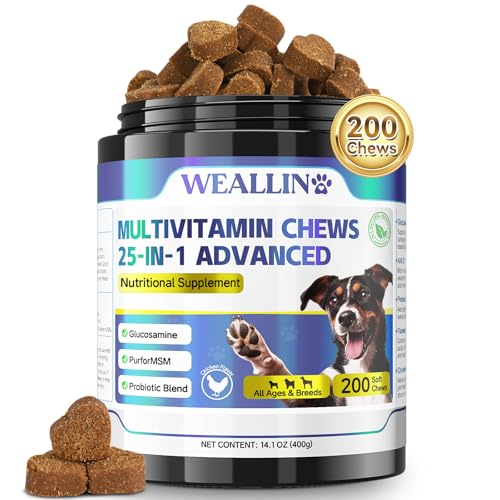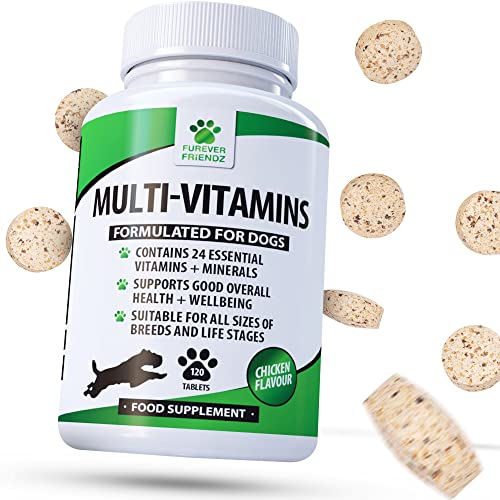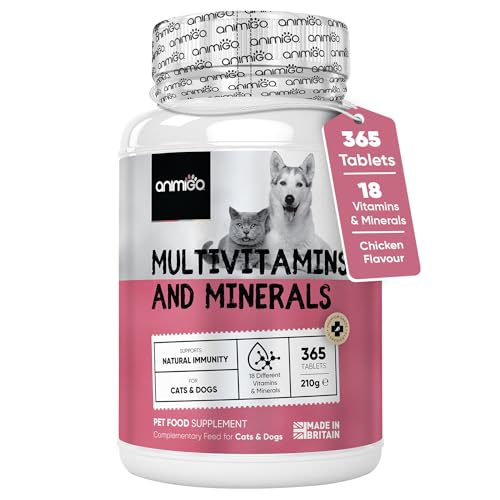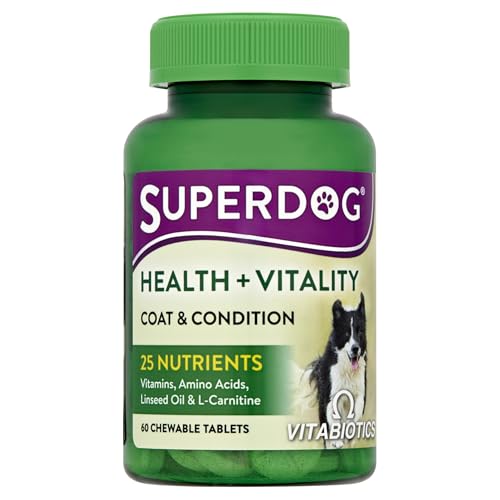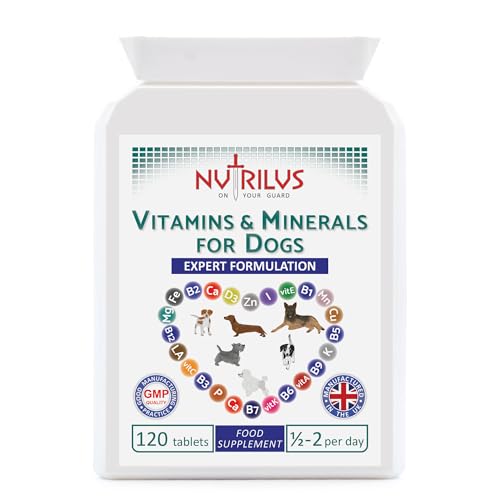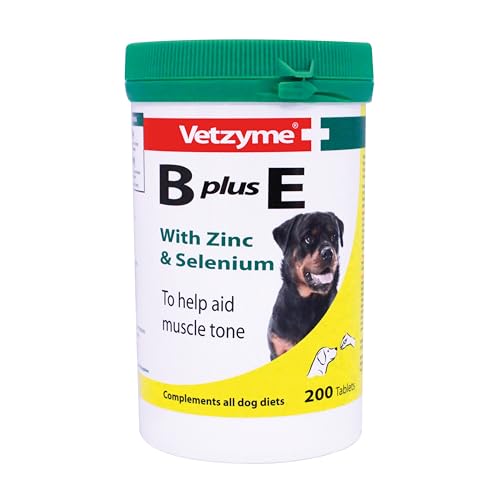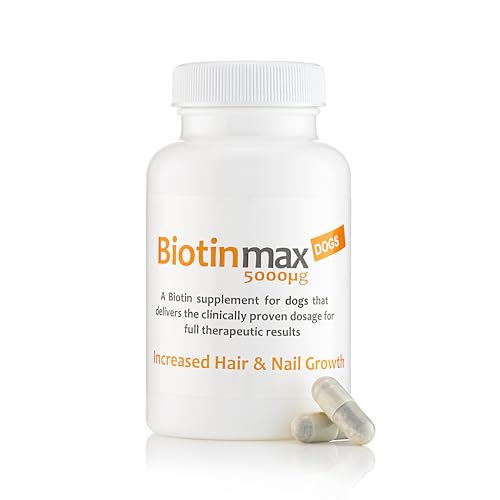Understanding Dog Vitamins: What Do They Do for Our Pets?
Why Dog Vitamins Matter
When we think about our dogs’ health, we often focus on their food and exercise. However, vitamins play a crucial role in their overall wellbeing too. Just like us, dogs require a balanced intake of vitamins to support their immune system, promote healthy skin and coat, and maintain strong bones and teeth. Vitamins help in various bodily functions, such as cellular repair and hormone production. Without the right vitamins, our furry friends may face nutritional gaps that could affect their energy, mood, and health.
Types of Dog Vitamins: Which Ones Does Your Dog Need?
The Major Categories of Dog Vitamins
Dog vitamins generally fall into a few key categories: Essential Fat-Soluble Vitamins (A, D, E, K), Water-Soluble Vitamins (B-complex, C), and Minerals. Fat-soluble vitamins are stored in the body fat and released when needed, while water-soluble vitamins need to be replenished regularly. Depending on your dog’s diet, age, and specific health needs, they may require different types of vitamins. For example, older dogs may benefit more from joint support vitamins, whereas puppies may need more growth-related nutrients.
Key Ingredients to Look For in Dog Vitamins
Identifying Beneficial Ingredients
When selecting dog vitamins, it’s crucial to check the ingredient list. Look for high-quality sources of vitamins and minerals rather than synthetic versions. Key ingredients such as Omega fatty acids support skin and coat health, while glucosamine and chondroitin are excellent for joint support. Antioxidants like vitamins C and E help to combat oxidative stress in your dog’s body. Each ingredient plays a specific role, so understanding these will guide you in choosing a product tailored to your dog’s needs.
How to Choose the Right Dog Vitamins for Your Breed and Age
Tailoring to Your Dog’s Specific Needs
Choosing the right vitamins requires considering your dog’s breed, age, and activity level. Larger breeds may benefit from vitamins that support bone health due to their size, while smaller breeds might need vitamins that support dental health. Age plays a significant role too; puppies require different nutritional support than adult or senior dogs. Additionally, if your dog has specific health concerns, such as allergies or digestive issues, look for vitamins formulated to address those challenges.
Best Practices for Administering Dog Vitamins to Ensure Efficacy
Effective Ways to Give Your Dog Vitamins
To ensure that your dog receives the full benefit of vitamins, we recommend a few best practices. First, introduce vitamins gradually to avoid upsetting their stomach. Mixing them with food or using treats can make administration easier. It’s also essential to follow the recommended dosage; over-supplementing can lead to adverse effects. Regularly observe your dog for any changes in behaviour or health after starting the vitamin regimen and consult your vet for tailored advice.



